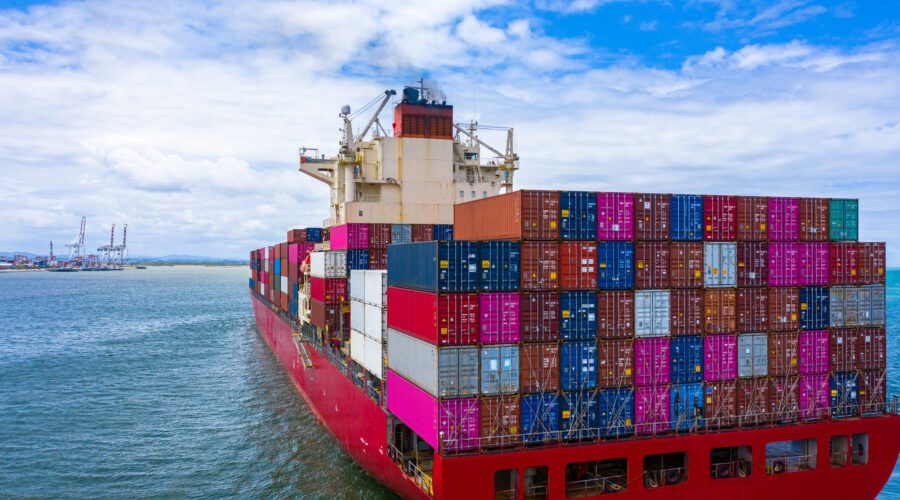Starting a logistics business is pretty straightforward, though you will find plenty of laws and regulations to follow, even for a small local company. However, if you plan well and make plenty of important decisions and considerations in a timely manner, you should have no trouble starting your own logistics business. Here’s what you need to consider.
Consider a Niche
By choosing a smaller area of business, at least to start, you can get a quick leg up in the logistics business. The idea is that you fill a need, so do some research on industries in your area to see if you could make transportation easier for any of them. This could involve food service, medical and healthcare transportation, tourism or entertainment transportation, and more.
Consider Your Costs
Don’t assume that you’ll have enough customers in the beginning to cover all of your startup costs. You’ll need to determine how much everything will cost and create a map of your business finances before you make a single move. This includes fees, tolls, tools, licenses, marketing, staffing, training, certifications, maintenance, and your location, and that’s all before you consider the purchase amount for your fleet of vehicles.
By getting a rough idea of your potential costs, you can plan ahead and avoid surprises. Plus, having a business finance plan in place can help you when you apply for startup capital.
Consider Your Brand
When you’re ready to move forward with the reality of starting your business, you’ll need much more than just a name—though that’s certainly important. You’ll need to consider your brand. More than just a logo and colors, your brand will tell customers what you stand for and what they can expect to receive when they work with you. Consider your mission and vision as you develop your brand, and use those to create a solid brand voice that you can carry through in future marketing.
Consider Your Entity
The type of business entity you choose is crucial, as it can help to protect you in the long run from financial difficulties and lawsuits. A sole proprietorship is best for those operating on their own or as a married couple, but it can open you up to liability for losses due to debts or lawsuits.
A general or limited liability partnership can provide better protection, with risk assumed by all partners involved. This protects you from personal liability as well as from your business partners, but you will have more legal liability than the LLC.
The LLC, or limited liability company, protects you personally from the debts and obligations of your company. While more structured and complex than a sole proprietorship, this is certainly the type of entity you may want to consider, at least down the road as you grow your company.
Consider Licenses and Permits
Before you can get started, you’ll need to make sure you have all your licenses and permits ready to operate. Always check with your local government to make sure you have everything you need, as the rules can vary according to location.
At the very least, you’ll need a Federal Tax ID or Employer ID Number. You may also want to check into the type of license you’ll need to drive the vehicles in your fleet. These licenses could require special training around the operation of the vehicle and the types of freight you’re allowed to carry.
Finally, you’ll need to make sure your insurance covers you, your drivers, your passengers, and your cargo at all times. Again, these can vary according to location, so be sure to check that you have everything you need before you haul your first load.
With these taken care of, you’ll be ready to apply for funding, purchase your fleet of vehicles, hire your staff, and start promoting your new business.
To learn how LIWMI Logistics works with logistics businesses around the world to ensure fast, transparent service for our clients, visit our services page. We’d love to hear from you when your business is up and running.








